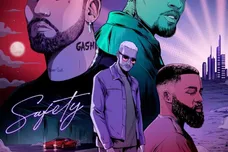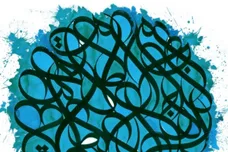If you're looking to score a deal for some concert tickets online, one of the obstacles is always trying to discern the legit sources from the fakers. It's a struggle that has been experienced by many around the world but, thankfully, Google is taking steps to make sure that less people are victimized by scammers as early as next year.
Beginning in January 2018, businesses who deal in the secondary ticket market will be required to get certified before entering into the AdWords setup. According to a statement that they've made public, Google confirmed that these kinds of providers will also be required to post both their price and the face value of the tickets, depending on the venue, starting in March.
"To be certified, resellers can't imply that they are the primary or original provider of event tickets," the company announced. "[They] must disclose to customers that they are a reseller [and] must also tell customers that prices may be higher than the face value (the price offered by the primary provider). Prices must be broken down to show the values of included fees and taxes during checkout and before the customer provides payment information."
These new rules won't impact any major providers like Ticketmaster, but frequently used sites like StubHub, Get Me In, and Viagogo will all need to get on board with these new rules. As it stands now, Google will also deny certification to resellers using keywords like the artist's name or anything else that might make them look official in its URL. In general, the modifications to Google's policy is to stop frauds from getting the opportunity to sell bogus goods because they rank high in search engine results.
This isn't the first move that has been aimed at curbing the scalper market for concert and sporting event tickets in the United States and Canada. Live Nation and Ticketmaster both use the Verified Fan feature. A reseller's contact info is entered into their system and vetted for authenticity before anyone can post tickets for sale. As a result, the Verified Fan feature has faded scalping business by 90 percent for participating artists, according to Vulture's report from earlier this year.








